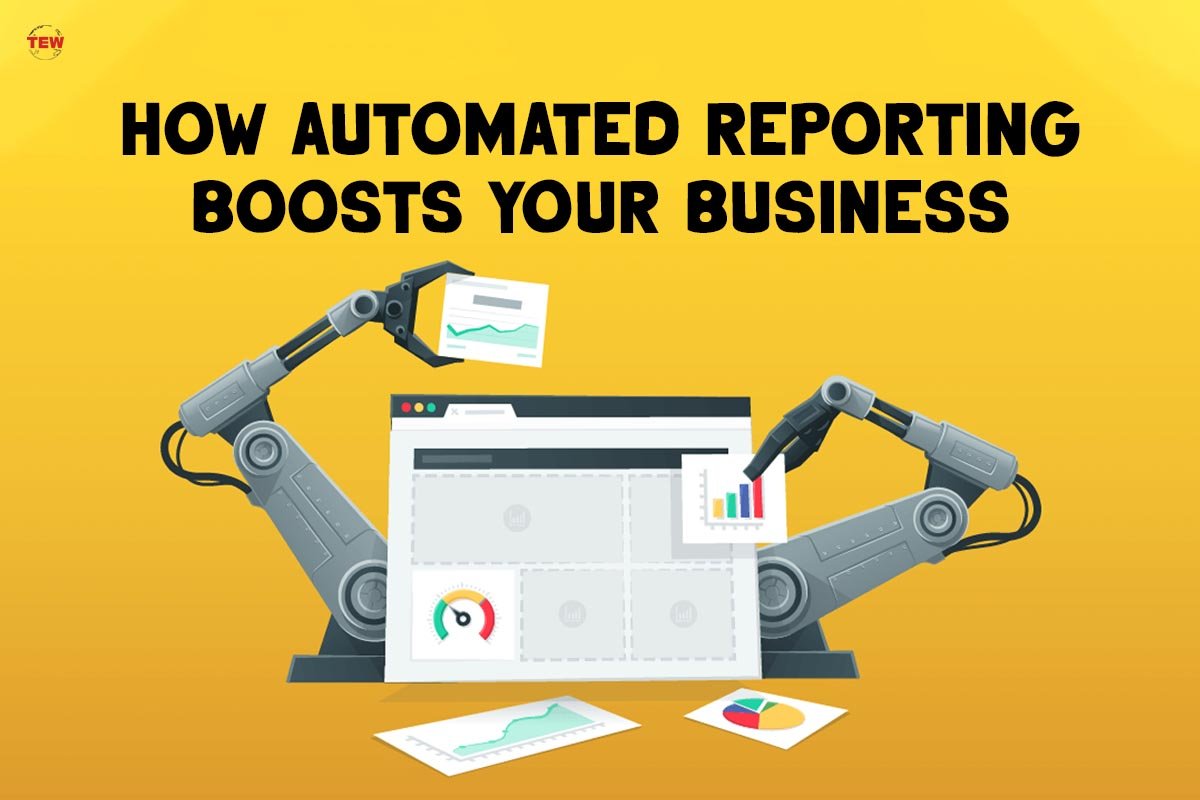Automated reporting is a way to save time and resources by accurately handling documents. Its key feature is the capability to generate several reports efficiently. In most cases, it only takes a short time, unlike manual reports that require lengthy processing. Since it can produce as many reports as needed, it leaves your workforce with more time and energy to focus on core operations.
If automated reporting isn’t part of your daily operations, it may be time to check it out. You and your teams should invest in learning how document workflow software works.
Automation has brought a lot of positive change, allowing both producers and customers to enjoy great results in nearly every transaction. To get the same for your own enterprise,
Here are the things automated reporting can do ;
1. Improves Productivity Levels
Manually compiling reports takes a lot of time. Most people can’t keep up a routine of assessing every platform, adding data to spreadsheets, and tackling formulas accurately for long.

Automation is worth considering when your daily operations involve repetitive processes, such as weekly or monthly reporting. If your workforce is burdened with tedious tasks, such as downloading data or distribution to various departments, this step allows them to direct their efforts to more productive activities.
The less time your workforce spends handling repetitive data-related tasks, the more streamlined your workflows become.
2. Cuts Down Potential Inaccuracies
In any business, data accuracy is crucial, especially when reporting is one of the key routine tasks. Accurate data and analytics are important since you base your decisions on them.
With automated reporting, you significantly reduce margins of error, particularly when computing or presenting data.
Automated reports are also available in various formats, such as tables, graphs, or even dashboards, depending on the specific needs of your business. Some can be exported to other programs. This lets readily showcase data to your workforce in a streamlined manner to ensure clarity. At the same time, it ensures the decision-making process flows smoothly without concern about whether the figures or data you’re handling have inconsistencies.
3. Helps You Comply With Auditing Requirements
If you want to adhere to company compliance requirements regarding reporting processes without any trouble, the accuracy of automated reporting is a great help. Most automation programs have features that reduce costly mistakes, letting you steer clear of any headaches down the road.
Depending on whichever you use, you can access settings that let you directly configure reports for compliance. See if these features are available in the software you’re thinking of getting.
4. Updates You On Issues Or Inconsistencies
To maximize accuracy, it’s best to go for an automated reporting tool with an alert feature. Nowadays, most are equipped with an alert feature that informs you of any discrepancies in the data or processes themselves.

Depending on how frequently you monitor your daily operations, you may fail to notice abrupt changes in activity. Utilizing automated reporting software ensures you catch these before they become serious problems.
5. Reduces Overall Operational Expenditure
Once you decide to automate your reporting with software, you’ll have to think about costs. Fortunately, the amount you save and earn thanks to your enhanced productivity makes up for the upfront investment.
If you’re wondering how automated reports can help your business save money, it can happen in two ways.
First, automated reporting helps free up employee schedules. This means the monthly salary will not go to waste on long hours spent on tedious paperwork.
Second, it provides you with more information on how to grow the profitability of your campaigns. In fact, many reporting tools can generate valuable visualizations of the key performance indicators (KPIs) your business uses. Basically, it streamlines the processes to reveal significant trends. The insights you gain can greatly help improve your return on investment in no time.
6. Maintains Transparency
Automated reporting eliminates the need to rely on any individual or team to provide the reports. You have access to data whenever needed. This means you get more transparency on all levels of your organization. Consequently, you can do more decision-making based on calculated data rather than unclear projections.

A good level of transparency and straightforward reporting also ensures that investors and lenders continue favoring your business, providing many opportunities.
7. Automation Is A Way Forward
Automated reporting offers several benefits to your business in the long run. Better productivity, avoiding inconsistencies, complying with compliance requirements, and reducing expenditure all help streamline your business to a new level. So, get a tool that provides these and more.





